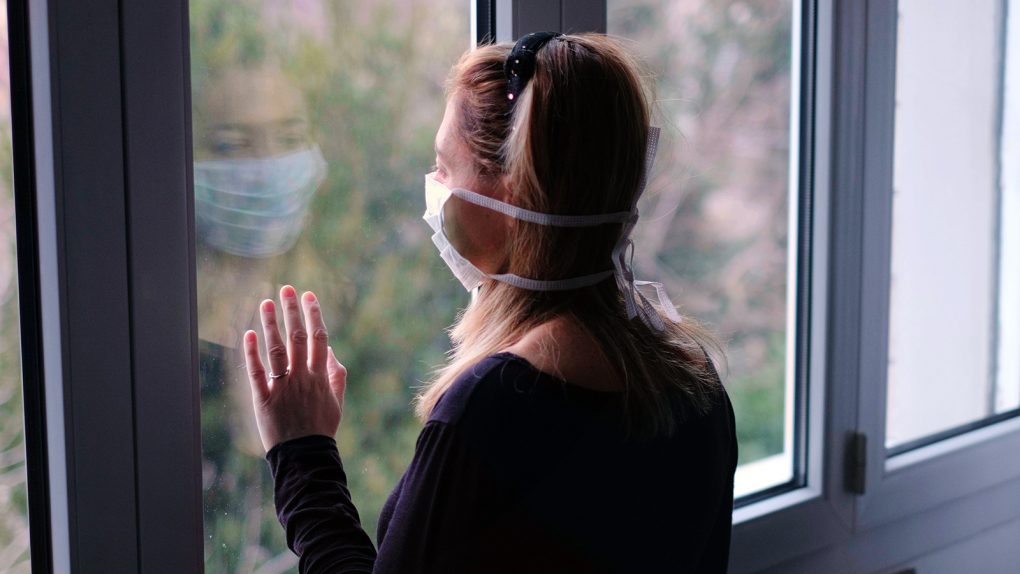- A new research study reveals that 82% of coronavirus patients experience neurological symptoms at some point during their sickness.
- The most severe manifestation is encephalopathy which can result in confusion, memory loss, and other cognitive issues.
- A loss of taste was observed in nearly 16% of patients while a loss of smell was observed in 11% of patients.
While everyone at this point is likely familiar with the flu-like symptoms that typically afflict coronavirus patients — with fever, coughing, and fatigue being the most common — a new study from Northwestern Medicine researchers found that many COVID-19 patients also exhibit a variety of neurological issues.
“This is the first study of its kind in the United States,” Dr. Igor Koralnik of Northwestern said. “Our research group spent the summer performing chart reviews on the first 509 patients hospitalized for COVID-19 within the Northwestern Medicine health system, and our findings show neurological manifestations are very common in these patients.”
The study involved 509 patients whose coronavirus symptoms were so severe as to require hospitalization. When the dust settled, the study found that 42% of the patients experienced a neurological manifestation at the onset of infection while 63% experienced a neurological manifestation by the time they were hospitalized. What’s more, 82% of the patients studied indicated that they had experienced a neurological issue at some point during the course of being sick.
According to the report, these were the most common neurological issues:
- Muscle pain (44.8%)
- Headaches (37.7%)
- Encephalopathy (31.8%)
- Dizziness (29.7%)
- Disorder of taste (15.9%)
- Disorder of smell (11.4%)
Encephalopathy, which researchers said is the most serious of the symptoms above, is a term that describes a range of altered brain function, including confusion, memory loss, and even slight personality changes.
The study reads in part:
Upon discharge from the hospital, only 32.1% of patients with encephalopathy were able to care for their own affairs, compared to 89.3% of those who did not develop encephalopathy. There was also higher mortality in patients with encephalopathy (21.7%) compared to 3.2% of those without.
While this is the first time an expansive study has taken a look at how often neurological issues like encephalopathy arise in newly infected coronavirus patients, it’s certainly something that’s been on the radar of doctors for a while. Indeed, we’ve seen numerous reports involving long haulers — coronavirus patients who endure symptoms for weeks and months after recovery — who experience a range of neurological issues such as memory loss, brain fog, and an overall inability to concentrate on a task for a sustained period of time.
The Northwestern study can be viewed in full over here.
On another note, winter is creeping up around the corner and it’s as important as ever for people to adhere to social distancing guidelines and to wear masks in public. As it stands now, there are only 10 states where the coronavirus is on the decline and experts are nervous that November and December might bring about a huge increase in coronavirus infections and associated deaths on account of colder weather and flu season.








